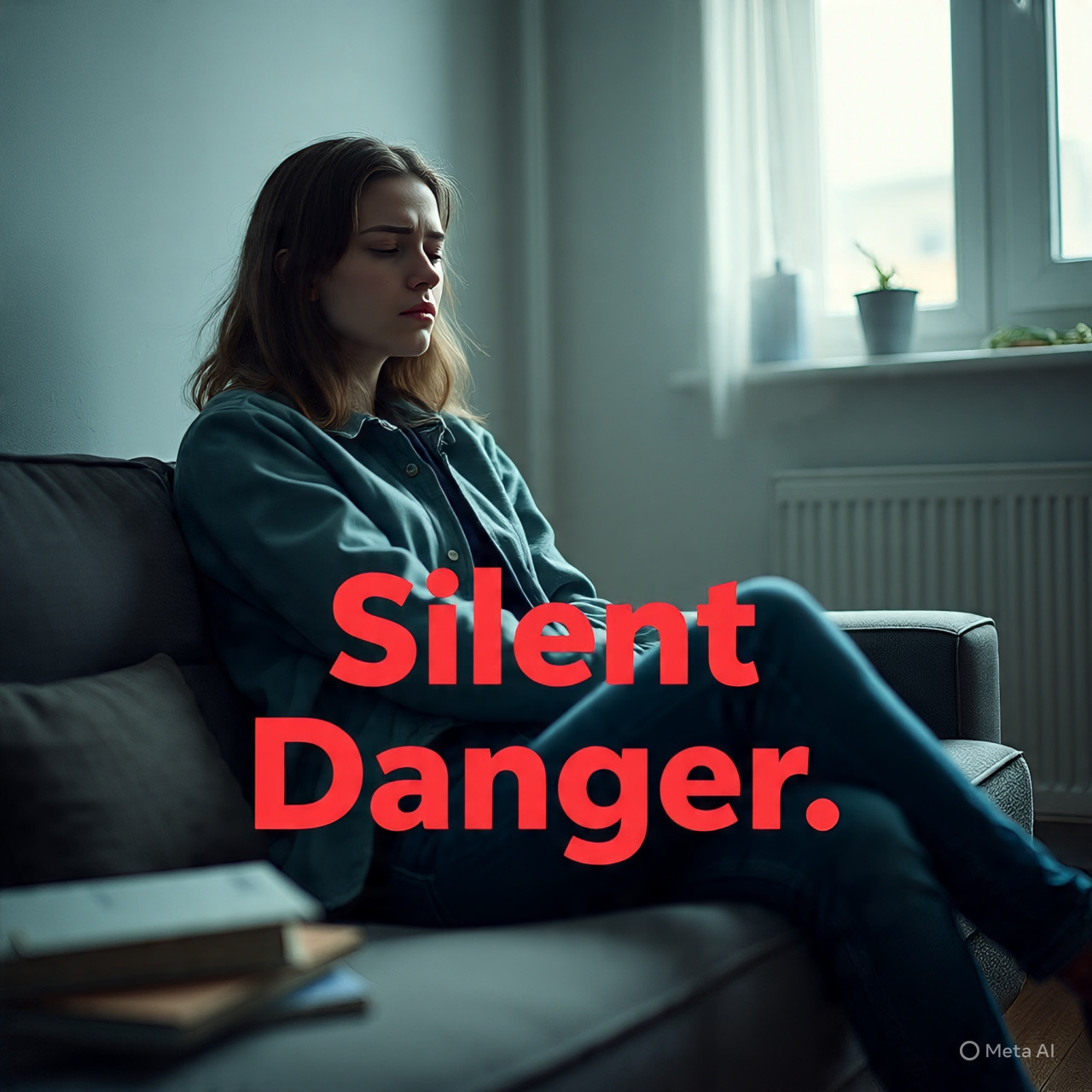Carbon monoxide is often called the silent killer. It is colorless, odorless, and tasteless — which means many people have no idea it is there until symptoms appear. In rental housing, particularly older buildings or units with poor ventilation, carbon monoxide exposure can become a real threat to health and safety.
Tenants have a right to live in homes that are safe from harmful gases. When landlords fail to install or maintain carbon monoxide detectors, the consequences can be severe. For those who have experienced health problems or emergencies linked to exposure, contacting experienced carbon monoxide poisoning lawyers may help ensure their rights are protected.
Understanding the Risks of Carbon Monoxide
Carbon monoxide is produced when fuel-burning appliances, such as heaters, stoves, and water heaters, do not burn fuel completely. When these appliances are used in closed spaces without proper ventilation, dangerous levels of the gas can build up.
Early symptoms of exposure include headache, dizziness, nausea, and confusion. These signs are easy to mistake for the flu or other minor illnesses. Prolonged exposure can lead to unconsciousness, permanent brain damage, or death. Children, the elderly, and people with health conditions are particularly at risk.
Where It Happens
In many older apartment buildings, carbon monoxide leaks can result from poorly maintained heating systems, broken gas lines, or blocked vents. In some cases, landlords may not be aware of the issue. In others, warning signs are ignored or downplayed.
Even in buildings where detectors are installed, devices must be checked and replaced regularly to remain effective. A detector that has expired or lost power offers no protection. Tenants should be informed of where these devices are located and what to do if one goes off.
Tenant Rights and Landlord Responsibility
In California, landlords are legally required to provide and maintain carbon monoxide detectors in rental units that have gas appliances, fireplaces, or attached garages. Failure to meet these obligations is not just careless — it can be a violation of housing codes and tenant rights.
Tenants have the right to report unsafe conditions without fear of retaliation. If landlords ignore complaints, delay repairs, or refuse to install detectors, renters may be entitled to legal remedies. Documentation, such as written notices and photographs, can be essential if legal action is required.
How Legal Help Makes a Difference
Recovering from carbon monoxide poisoning can involve more than just medical care. Families may face time off work, hospital bills, or even permanent injury. Legal assistance is sometimes needed to hold negligent landlords accountable and secure compensation.
Experienced attorneys who specialize in these cases understand what evidence is necessary and how to navigate the system on behalf of tenants. From evaluating inspection reports to coordinating with medical professionals, legal support ensures that renters are not left to handle everything alone.
What Tenants Can Do
If you live in a rental unit and are concerned about carbon monoxide:
- Confirm that a detector is installed and working in your home
- Ask your landlord when the detector was last tested or replaced
- Report any symptoms of exposure and seek medical attention promptly
- Keep a written record of all communication with your landlord
- Contact local housing authorities if no action is taken
Even small steps can make a big difference. Staying informed and asking questions may prevent serious health events and even save lives.
Real Consequences for Real People
Carbon monoxide poisoning is not an abstract concern. It affects real families in real homes. Many victims are unaware of the source of their symptoms until it is too late. Others are left with long-term health effects and no clear path forward.
When landlords fail to take proper precautions, tenants should not have to bear the burden. Holding property owners accountable sends a message that safety matters. It also helps prevent future harm to others in the same building or neighborhood.
Final Thoughts
Tenants deserve to feel safe in their homes. Carbon monoxide is a silent threat, but it is also preventable. With working detectors, regular maintenance, and prompt responses to concerns, the risks can be minimized.
If you or someone you know has experienced symptoms of carbon monoxide exposure in a rental property, there is no need to face the situation alone. Legal professionals who focus on tenant protection can provide guidance, support, and a path toward justice.
Everyone has the right to breathe safely. When that right is compromised, help is available — and your voice matters.
